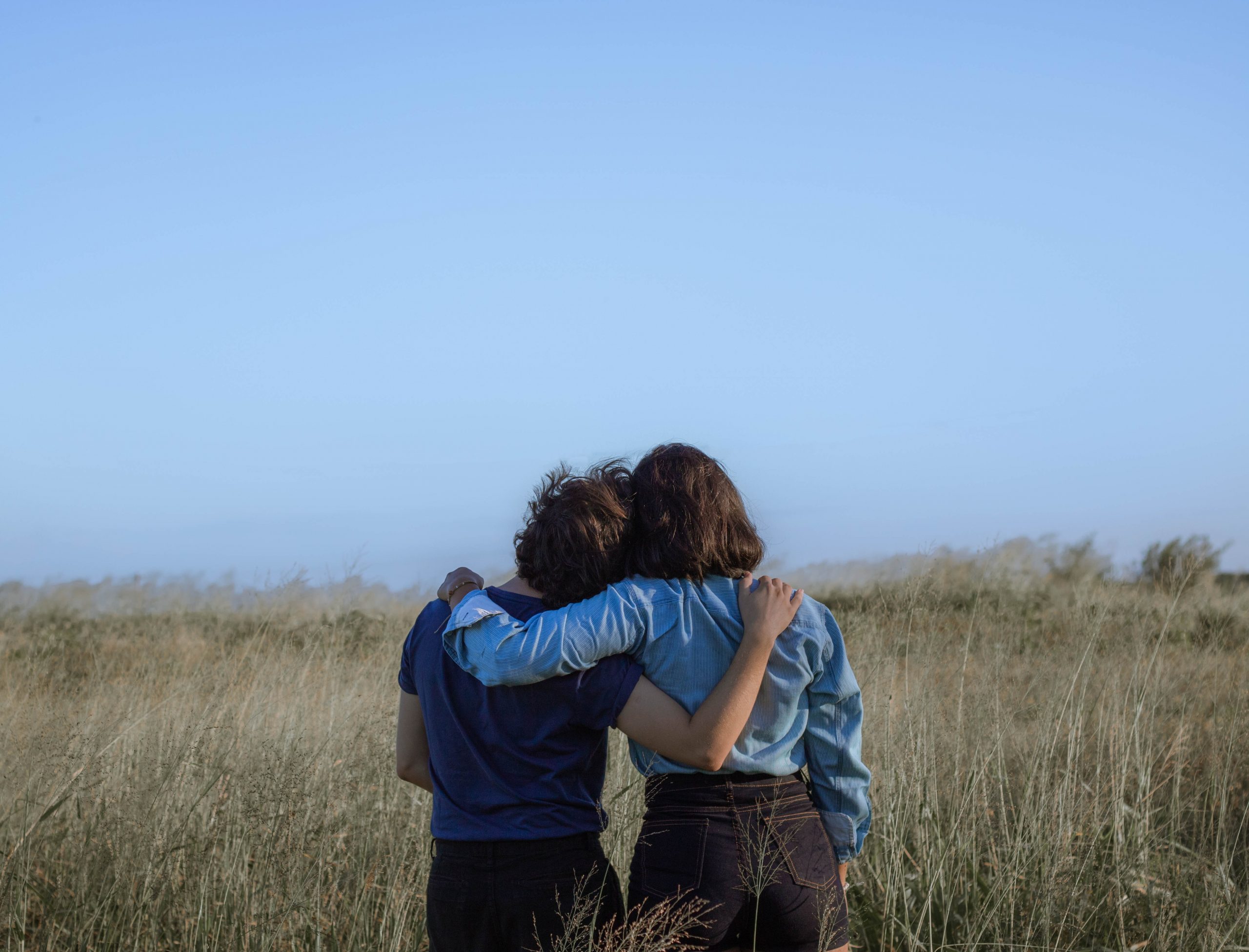
A Sukkot Reflection: The Fragility of Our Lives
As I write this, our Jewish community is celebrating Sukkot. We spend the holiday in a sukkah, a structure that symbolizes the protection and shelter G-d provided as we passed through the Sinai desert.
Of course, the sukkah is a temporary structure with only a partial roof. So, while we’re inside, we’re somewhat protected – but not much. If it rains, we’ll get wet. If it’s hot out, we’ll be hot.
Why would we use such an insecure structure as a symbol of G-d’s protection? The idea is that we’re not supposed to feel very secure. The sukkah reminds us that in the end, we’re still essentially vulnerable to life’s ups and downs.
And sometimes we can forget this. We get comfortable in our routine, in our comforts, in our home, in the support of our family and friends. We relax in the predictability of our day-to-day… right up until something happens to disrupt our lives and strip away that false sense of security.
In fact, people all need that sense of security. We see this across the lifespan. For example, many children of divorce don’t understand what has happened. The uncertainty is scary, as they feel as if the situation is beyond their control. Children often create a narrative that isn’t so scary. They blame themselves for the divorce and believe that if they behave just right, their parents will get back together.
We see the same need for security in the classic stages of grief. The third stage is bargaining: “G-d, if you just let her live, I promise I’ll be a better person.” Or we fixate on what-ifs: “If only I’d said just the right thing, at just the right moment, they’d still be here.” These reflect our need for a sense of control, eliminating what feels uncertain or unpredictable.
When something happens that destroys our sense of security – confronting us with our true vulnerability – that’s a rude awakening. It hurts.
Our time in the sukkah reminds us that we are not that secure after all. We’re vulnerable. We’re fragile. Ideally, by taking this reminder to heart, we prepare ourselves against future hurts.
At the same time, there will always be some tragedies beyond our capacity to absorb. We may be subjected to violence. We may lose someone close or in a difficult way. We may suffer other events we aren’t prepared for. After such a trauma, it can be hard to recover our emotional balance again.
Some of Jewish Family Service’s work is to help people with this healing process. If life throws you too far off balance, we’re here to help.
Written by Matt Smith, LMS (JFS Therapist)
Latest Posts
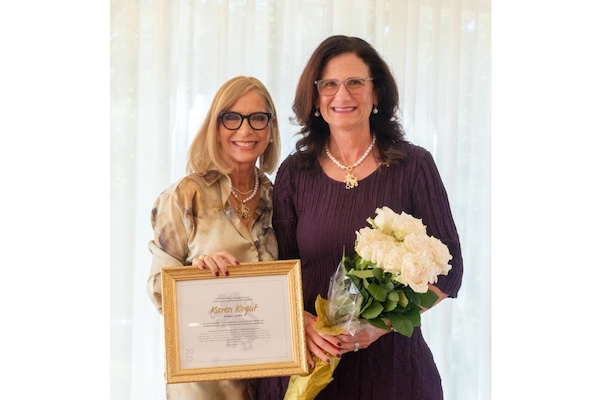
Karen Kogut Receives 2025 Kipnis-Wilson/Friedland Award for Austin
Val Newberg, Karen Kogut. Credit: Andrew Holmes By Shana Creeger At the Fall Lion of Judah Appreciation Luncheon, Karen Kogut was celebrated for receiving the 2025 Kipnis-Wilson/Friedland award for Austin. The Kipnis award recognizes female leaders who embody the...
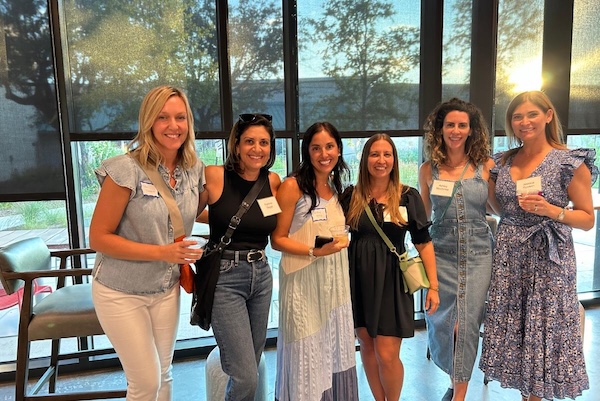
Shalom Austin Women’s Philanthropy Toasts to a New Program Year at Wine Down
L to R: Tami Thakrar, Karene Segal, Lindsey Yasha, Shira Goldberg, Ashley Moshirnia, Jessica Epstein. Credit: Margaret Praderas By Margaret Praderas Shalom Austin Women’s Philanthropy hosted another fantastic Wine Down with more than 150 women in attendance at the...
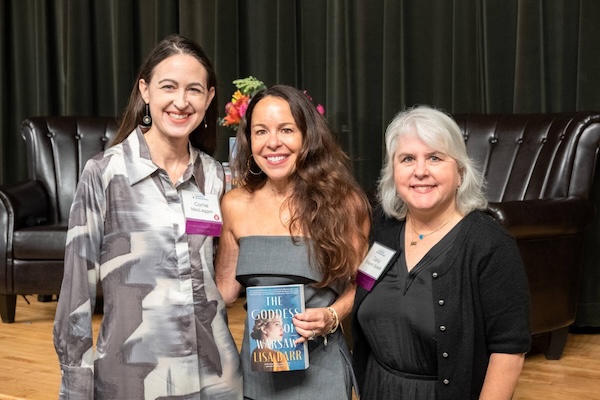
Author Lisa Barr Shares Love of Historical Fiction at Breakfast for Book Lovers
L to R: Corrie MacLaggan, Lisa Barr, Dana Shapiro Spaeth. Credit: Andrew Holmes By Dana Shapiro Spaeth At a new earlier time, Book Lovers Breakfast event was well attended at 170 attendees. Lisa Barr, author of “The Goddess of Warsaw,” brought her sweet...
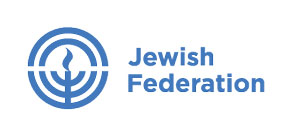
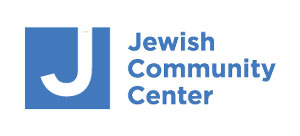
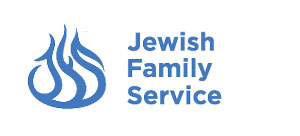
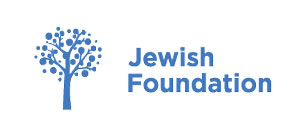
HEALTH & WELLNESS
Fitness
Swimming
Tennis & Pickleball
Sports
EDUCATION
Jewish Culture & Education
Early Childhood Program Preschool
After School & Childcare
Camps
ARTS & CULTURE
Literary Arts
Visual Arts
Theatre & Film
Dance
COUNSELING & SUPPORT
Jewish Family Service
Counseling & Groups
Case Management
References & Resources
Copyright Shalom Austin 2025. Privacy Policy.
